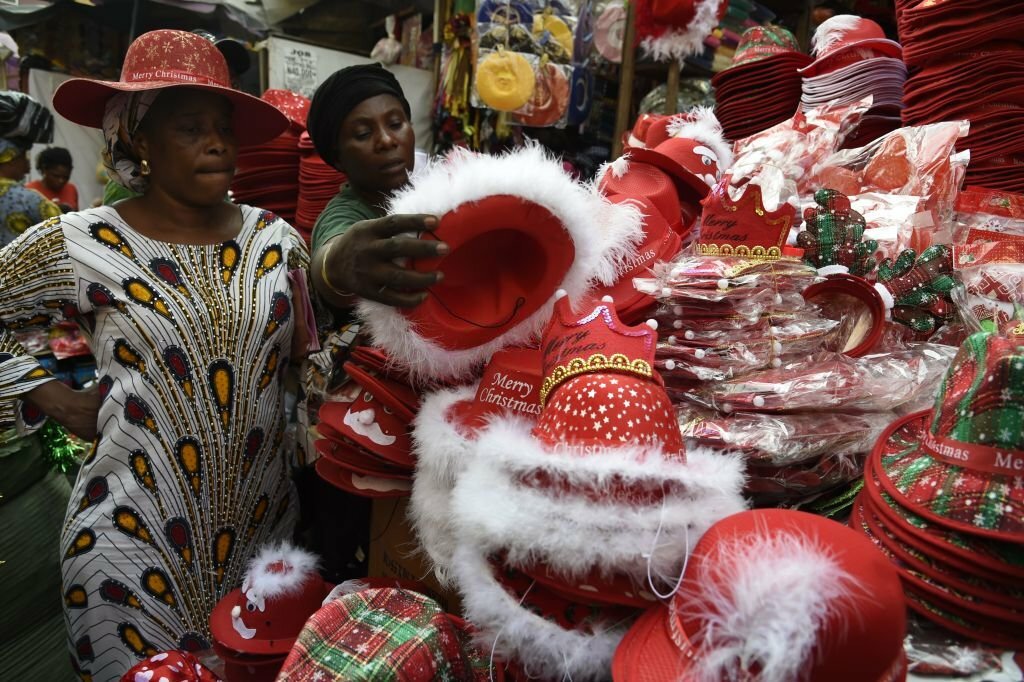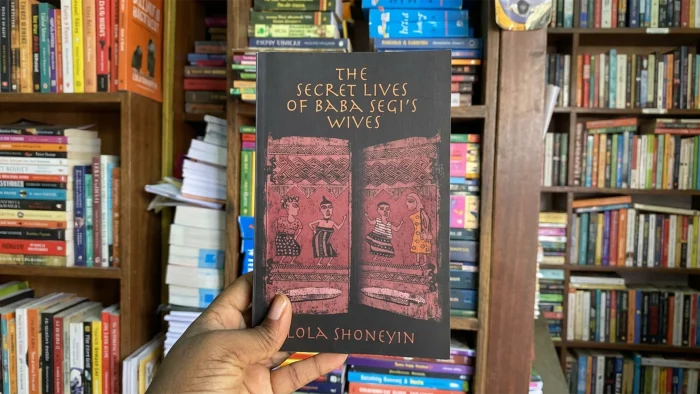- Davido, Ed Sheeran my dream TikTok collaborators, says Bus Aunty
- Film adaptation of “The Secret Lives of Baba Segi’s Wives” set for release in December 2026
- Young Game lists barriers facing diaspora artistes in Afrobeats industry
- Davido dismisses DNA request, says five tests already proved the child is not his

While most people around the world mark Christmas on December 25, annually, others—particularly some in places like Russia, Ethiopia, Serbia and Ukraine—celebrate it on January 7. But what’s the story behind this unique date?
A matter of calendars
The reason for the difference lies in the calendars used. Most countries follow the Gregorian calendar, introduced by Pope Gregory XIII in 1582 to correct the inaccuracies of the older Julian calendar.
However, some Orthodox Christians, especially in Eastern Europe and parts of Africa, still observe the Julian calendar, established by Julius Caesar in 46 BC.
READ ALSO:
Over time, the Julian calendar drifted out of sync with the solar year, creating a 13-day gap between the two systems.
As a result, December 25 on the Julian calendar now falls on January 7 in the Gregorian system.
When Pope Gregory introduced the Gregorian calendar, many Western Christian churches made the switch and Christmas was set for December 25.
However, Orthodox churches in countries like Russia, Ethiopia, Serbia, and Egypt chose to stick with their traditional calendar, keeping their Christmas celebrations aligned with the Julian system.

Who Celebrates January 7 Christmas?
The January Christmas is widely celebrated by Orthodox Christians. Countries like Ethiopia, Russia, Serbia, Ukraine, Egypt, and parts of Greece hold colourful and spiritual festivities on this date.
In Ethiopia, the day is known as Ganna. It is celebrated with early morning church services filled with hymns and prayers, followed by family gatherings. For Ethiopians, Ganna is a time to reflect on faith and unity.
In Russia, the day begins with solemn religious services, often held in beautifully decorated churches. The celebrations then shift to family feasts featuring traditional meals, such as kutya—a sweet dish made with wheat or rice and honey.
Orthodox Christians in Africa, Europe, and parts of the Middle East share this tradition. For them, the exact date of Christmas isn’t the main focus. Instead, they honour the deeper spiritual meaning of the season—celebrating the birth of Jesus Christ.

How do they Celebrate?
For many Orthodox Christians, Christmas is a deeply spiritual occasion. In the weeks leading up to January 7, believers often observe a fasting period to prepare their minds and hearts for the holy day.
On Christmas morning, worshippers attend lengthy church services filled with hymns, prayers, and candlelight. These services are central to the celebration, symbolising devotion and gratitude. After church, families come together to share meals, exchange gifts, and enjoy each other’s company.
In Ukraine, for instance, the celebrations include a traditional 12-dish dinner, each dish symbolizing one of Christ’s apostles. Meanwhile, in Serbia, people often prepare česnica, a special bread with a hidden coin inside; whoever finds the coin is believed to have good fortune in the coming year.
Unity in spirit
Whether Christmas is celebrated on December 25 or January 7, the essence of the holiday remains the same. It’s a time to honour faith, cherish loved ones, and reflect on the hope and joy that the season brings.
As one Ethiopian priest once said, “The date might differ, but the spirit of Christmas is what unites us.” So, no matter when or how you celebrate, the message of love and goodwill remains timeless.
Do you know?
In Ethiopia, January 7th is also a time for traditional games and dances.
Egypt’s Orthodox Christians call the day Kiahk, with celebrations including special midnight masses.
Russian Orthodox churches often observe a 40-day fast before Christmas Day.








